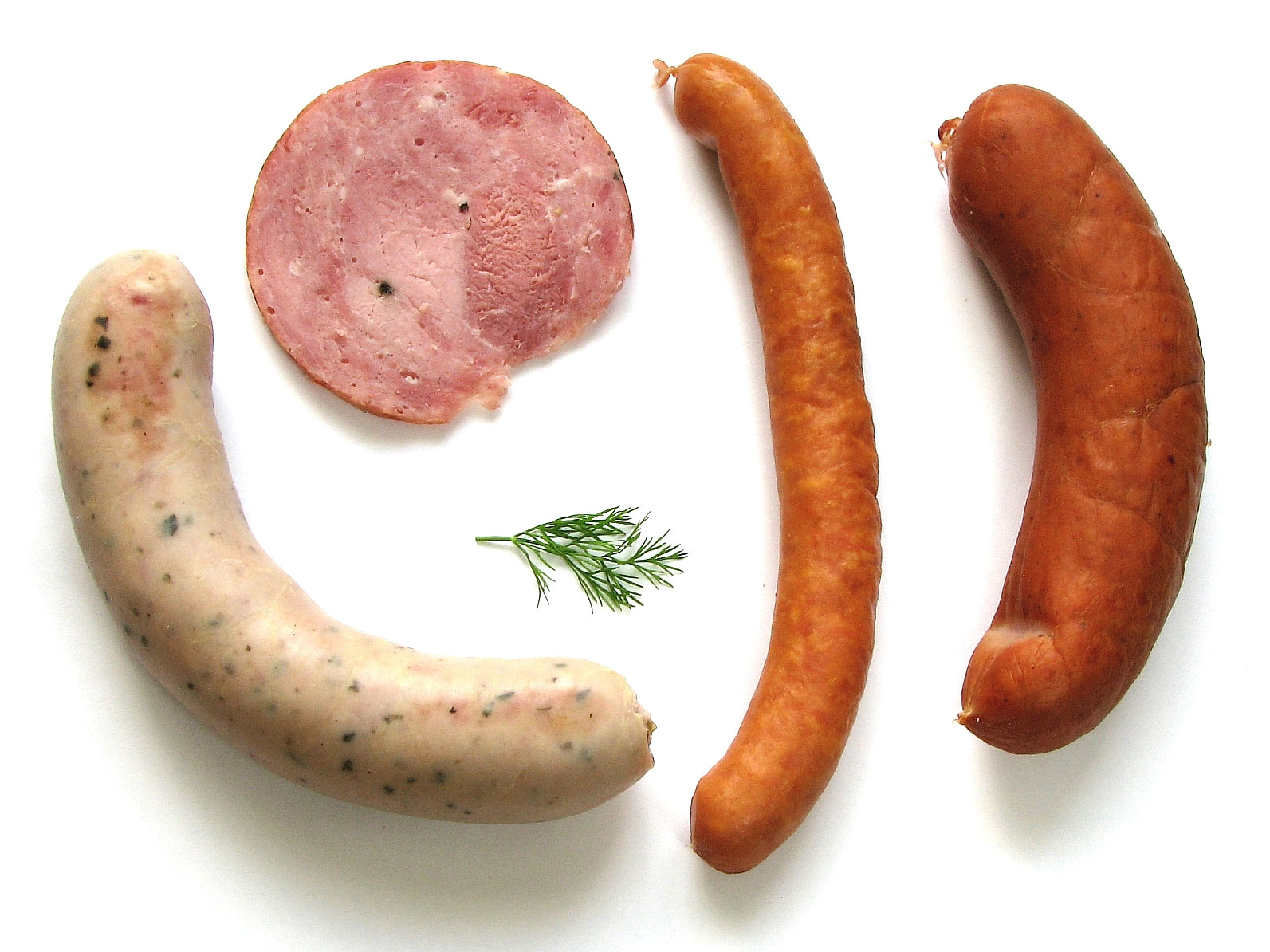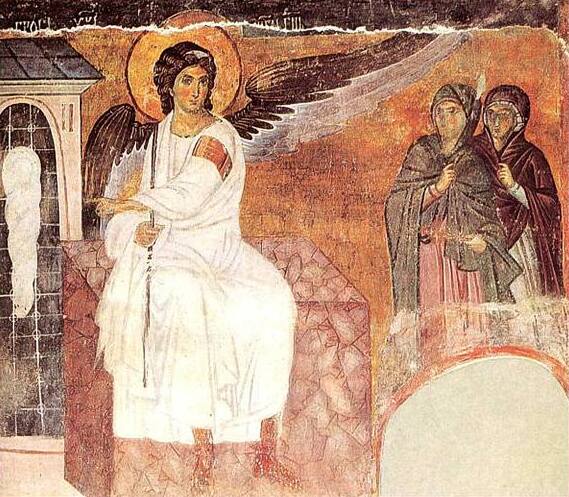|
Kobasicijada
Kobasicijada is an international sausage festival organized annually in the village of Turija, near Srbobran, Serbia Serbia (, ; Serbian language, Serbian: , , ), officially the Republic of Serbia (Serbian language, Serbian: , , ), is a landlocked country in Southeast Europe, Southeastern and Central Europe, situated at the crossroads of the Pannonian Bas .... 32 festivals had been held as of February, 2017; it is one of the biggest and most popular village festivals in Serbia. The festival is attended by tens of thousands of people every year. Further reading * Đisalov, Bogdanka. ''Tamo-amo po Turinskoj Kobasicijadi''. 2006 References External links * Food and drink festivals in Serbia Culture of Serbia Culture of Vojvodina Serbian sausages Annual events in Serbia {{sausage-stub ... [...More Info...] [...Related Items...] OR: [Wikipedia] [Google] [Baidu] |
Turija (Srbobran)
Turija () is a village located in the Srbobran municipality, in the South Bačka District of Serbia. It is situated in the Autonomous Province of Vojvodina. The village has a Serb ethnic majority and its population numbering 2,562 people (2002 census). The village is famous because of the annual sausage festival known as Kobasicijada that is organized in Turija every year. Historical population *1961: 3,582 *1971: 3,242 *1981: 2,935 *1991: 2,615 See also *Kobasicijada *List of places in Serbia *List of cities, towns and villages in Vojvodina This is a list of cities, towns and villages in Vojvodina, a province of Serbia. List of largest cities and towns in Vojvodina List of urban settlements in Vojvodina List of all urban settlements (cities and towns) in Vojvodina with populati ... References *Slobodan Ćurčić, Broj stanovnika Vojvodine, Novi Sad, 1996. External links Turija location map Places in Bačka South Bačka District Srbobran {{SouthBačkaRS- ... [...More Info...] [...Related Items...] OR: [Wikipedia] [Google] [Baidu] |
Sausage
A sausage is a type of meat product usually made from ground meat—often pork, beef, or poultry—along with salt, spices and other flavourings. Other ingredients, such as grains or breadcrumbs may be included as fillers or extenders. When used as an adjective, the word ''sausage'' can refer to the loose sausage meat, which can be formed into patties or stuffed into a skin. When referred to as "a sausage", the product is usually cylindrical and encased in a skin. Typically, a sausage is formed in a casing traditionally made from intestine, but sometimes from synthetic materials. Sausages that are sold raw are cooked in many ways, including pan-frying, broiling and barbecuing. Some sausages are cooked during processing, and the casing may then be removed. Sausage-making is a traditional food preservation technique. Sausages may be preserved by curing, drying (often in association with fermentation or culturing, which can contribute to preservation), smoking, or ... [...More Info...] [...Related Items...] OR: [Wikipedia] [Google] [Baidu] |
Srbobran
Srbobran ( sr, Србобран, ; hu, Szenttamás) is a town and municipality located in the South Bačka District of the autonomous province of Vojvodina, Serbia. The town is located on the north bank of the Danube-Tisa-Danube canal. The town has a population of 12,009, and the municipality of 16,317. The municipality of Srbobran encompasses of town of Srbobran, and two villages: Nadalj and Turija. Name In Serbian, the town is known as ''Srbobran'' (Србобран); in Hungarian as ''Szenttamás'' () or ''Szrbobran'' (formerly also ''Bács-Szenttamás''); in Rusyn (a Cyrillic-only language) as /Србобран/; in Slovak as ''Srbobran''; and in German as ''Thomasberg'' or ''Sankt Thomas''. The name ''Srbobran'' means Serb defender" in Serbian. Older Serbian name used for the town was ''Sentomaš'' (Сентомаш). History Archaeological records indicate that there has been human settlement in the territory of present-day Srbobran since prehistoric times. The fir ... [...More Info...] [...Related Items...] OR: [Wikipedia] [Google] [Baidu] |
Serbia
Serbia (, ; Serbian language, Serbian: , , ), officially the Republic of Serbia (Serbian language, Serbian: , , ), is a landlocked country in Southeast Europe, Southeastern and Central Europe, situated at the crossroads of the Pannonian Basin and the Balkans. It shares land borders with Hungary to the north, Romania to the northeast, Bulgaria to the southeast, North Macedonia to the south, Croatia and Bosnia and Herzegovina to the west, and Montenegro to the southwest, and claims a border with Albania through the Political status of Kosovo, disputed territory of Kosovo. Serbia without Kosovo has about 6.7 million inhabitants, about 8.4 million if Kosvo is included. Its capital Belgrade is also the List of cities in Serbia, largest city. Continuously inhabited since the Paleolithic Age, the territory of modern-day Serbia faced Slavs#Migrations, Slavic migrations in the 6th century, establishing several regional Principality of Serbia (early medieval), states in the early Mid ... [...More Info...] [...Related Items...] OR: [Wikipedia] [Google] [Baidu] |
Bogdanka Đisalov
Bogdanka may refer to the following places: *Bogdanka, a stream flowing through the Jeżyce district of Poznań * Bogdanka, Łódź Voivodeship (central Poland) * Bogdanka, Lublin Voivodeship (east Poland) * Bogdanka, West Pomeranian Voivodeship (north-west Poland) {{geodis ... [...More Info...] [...Related Items...] OR: [Wikipedia] [Google] [Baidu] |
Food And Drink Festivals In Serbia
Food is any substance consumed by an organism for nutritional support. Food is usually of plant, animal, or fungal origin, and contains essential nutrients, such as carbohydrates, fats, proteins, vitamins, or minerals. The substance is ingested by an organism and assimilated by the organism's cells to provide energy, maintain life, or stimulate growth. Different species of animals have different feeding behaviours that satisfy the needs of their unique metabolisms, often evolved to fill a specific ecological niche within specific geographical contexts. Omnivorous humans are highly adaptable and have adapted to obtain food in many different ecosystems. The majority of the food energy required is supplied by the industrial food industry, which produces food with intensive agriculture and distributes it through complex food processing and food distribution systems. This system of conventional agriculture relies heavily on fossil fuels, which means that the food and agricultural ... [...More Info...] [...Related Items...] OR: [Wikipedia] [Google] [Baidu] |
Culture Of Serbia
Serbian culture is a term that encompasses the artistic, culinary, literary, musical, political and social elements that are representative of Serbs and Serbia. History The Byzantine Empire had a great influence on Serbian culture as it initially governed the Byzantine and Frankish frontiers in the name of the emperors. Serbs soon formed an independent country. They were baptised by Eastern Orthodox missionaries and adopted the Cyrillic script, with both Latin and Catholic influences in the southern regions. The Republic of Venice influenced the maritime regions of the Serbian state in the Middle Ages. The Serbian Orthodox Church gained autocephaly from Constantinople in 1219. The pope declared Stefan the First Crowned king, starting a prosperous medieval period of Serbian culture. The Ottoman Empire conquered the Serbian Despotate in 1459, ending a cultural and political renaissance. Ottomans ruled the territory and influenced Serbian culture, especially in the southern ... [...More Info...] [...Related Items...] OR: [Wikipedia] [Google] [Baidu] |
Culture Of Vojvodina
Culture () is an umbrella term which encompasses the social behavior, institutions, and norms found in human societies, as well as the knowledge, beliefs, arts, laws, customs, capabilities, and habits of the individuals in these groups.Tylor, Edward. (1871). Primitive Culture. Vol 1. New York: J.P. Putnam's Son Culture is often originated from or attributed to a specific region or location. Humans acquire culture through the learning processes of enculturation and socialization, which is shown by the diversity of cultures across societies. A cultural norm codifies acceptable conduct in society; it serves as a guideline for behavior, dress, language, and demeanor in a situation, which serves as a template for expectations in a social group. Accepting only a monoculture in a social group can bear risks, just as a single species can wither in the face of environmental change, for lack of functional responses to the change. Thus in military culture, valor is counted a typical be ... [...More Info...] [...Related Items...] OR: [Wikipedia] [Google] [Baidu] |
Serbian Sausages
Serbian may refer to: * someone or something related to Serbia, a country in Southeastern Europe * someone or something related to the Serbs, a South Slavic people * Serbian language * Serbian names See also * * * Old Serbian (other) * Serbians * Serbia (other) * Names of the Serbs and Serbia Names of the Serbs and Serbia are terms and other designations referring to general terminology and nomenclature on the Serbs ( sr, Срби, Srbi, ) and Serbia ( sr, Србија/Srbija, ). Throughout history, various endonyms and exonyms have bee ... {{Disambiguation Language and nationality disambiguation pages ... [...More Info...] [...Related Items...] OR: [Wikipedia] [Google] [Baidu] |



